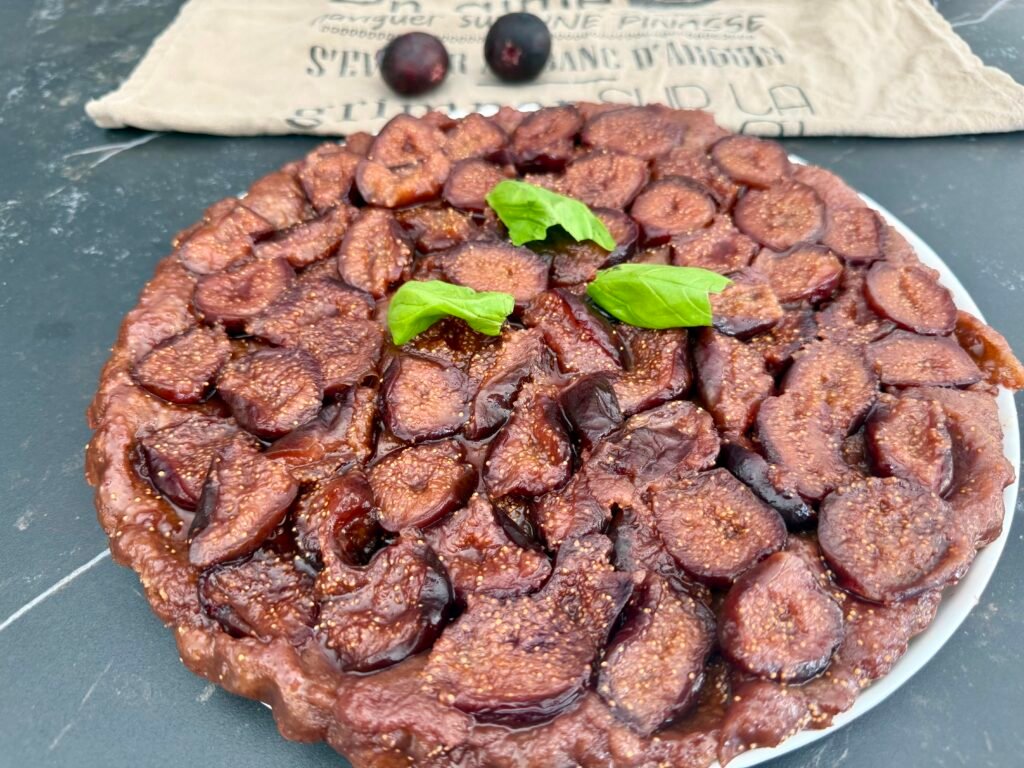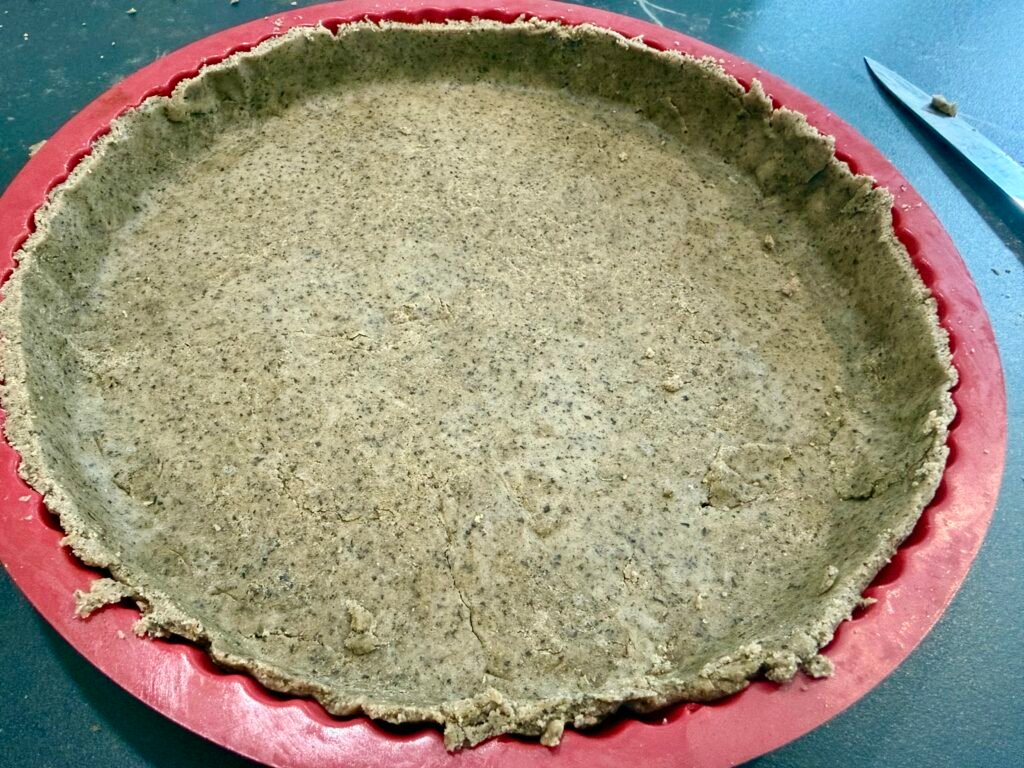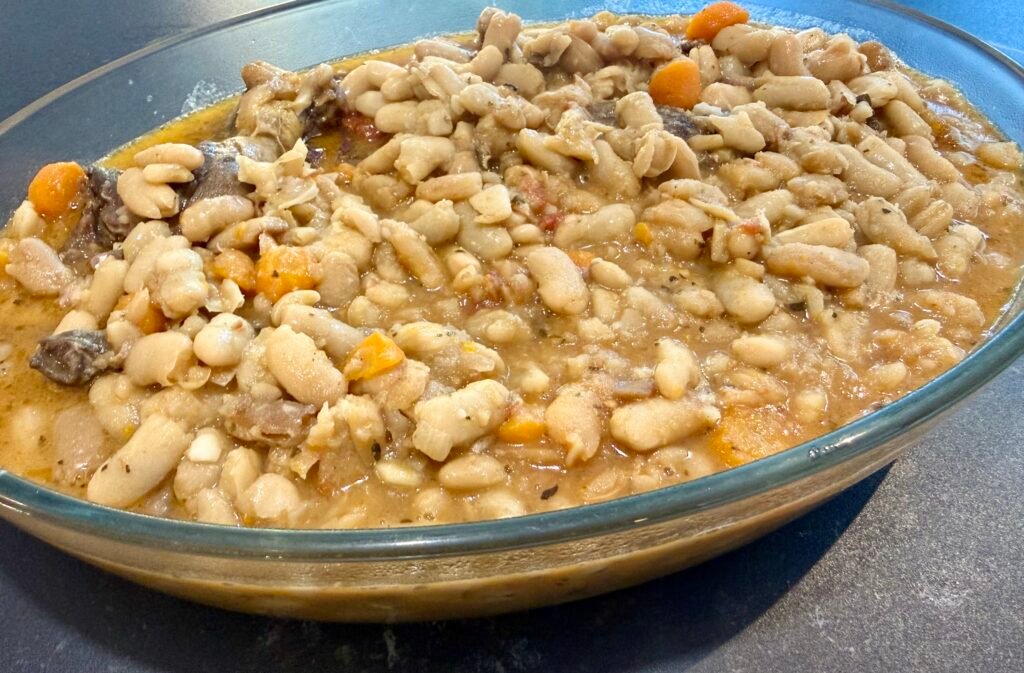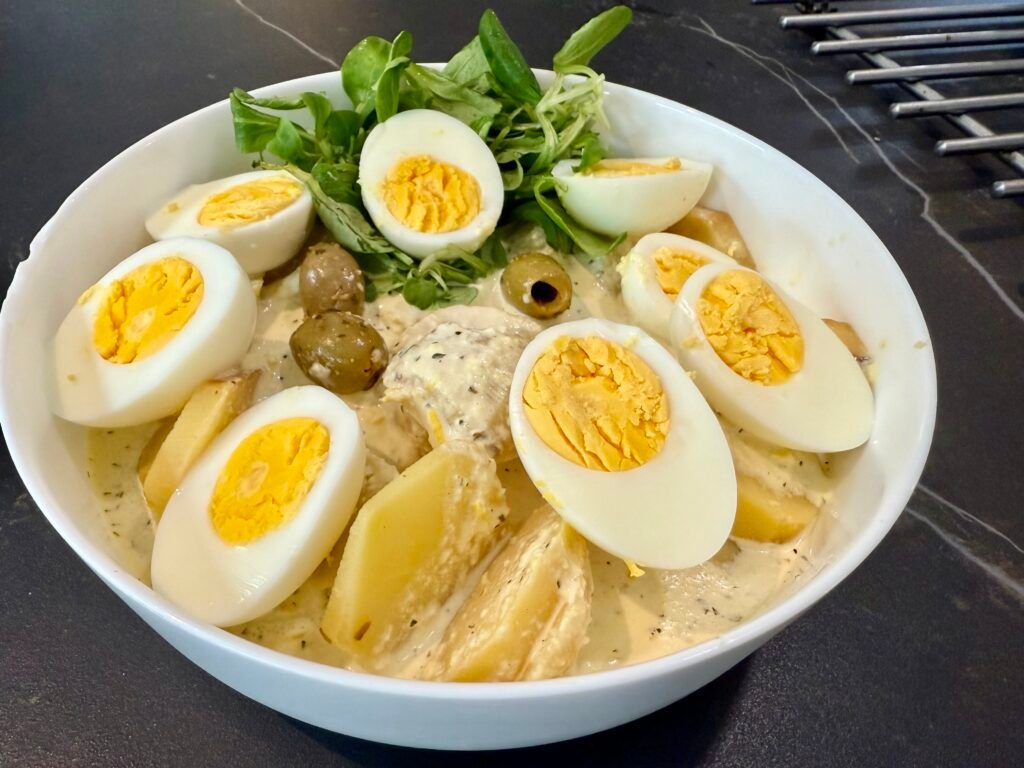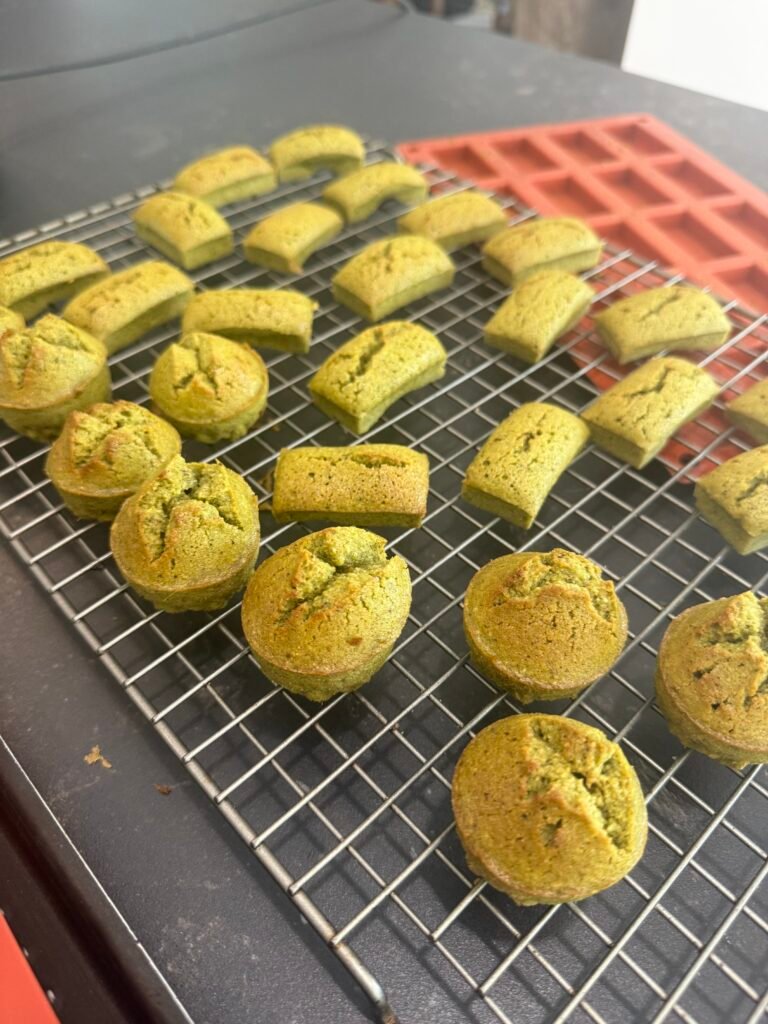Mali, a West African country crossed by the Niger River, is a land rich in history and culture. Once the center of powerful empires such as the Mali Empire and the Songhai Empire, it is known for historic cities like Timbuktu , a center of Islamic learning, and Djenné , with its famous terracotta mosque. Mali also played a central role in trans-Saharan trade, linking West Africa to North Africa and the Middle East. Today, Mali is recognized for its music festivals like the Festival au Désert and its artistic traditions, including bogolan textiles and wooden sculptures.
Malian culture is shaped by the diversity of its peoples, including the Bambara, Dogon, and Tuareg, each with their own languages, customs, and cultural practices, often centered around music and community ceremonies.
Traditional Gastronomy and Gluten Free Options
Malian cuisine relies on simple but nourishing ingredients, with an emphasis on grains like millet, rice and sorghum. These grains, naturally gluten-free, are a staple in many Malian dishes, allowing those following a gluten-free diet to enjoy the local cuisine without worry.
Here are some traditional gluten-free dishes:
- Tô : A thick paste made from millet or sorghum flour, often accompanied by sauces such as okra sauce or peanut sauce .
- Rice au gras : A rice dish cooked with vegetables, tomatoes and sometimes meat, often served at festivals and celebrations.
- Fried plantains : Fried plantains are often served as a side or snack, and are naturally gluten-free.
- Chicken yassa : Originally from Senegal but popular in Mali, this dish made from chicken marinated in lemon, onion and spices is naturally gluten-free when served with rice.
These dishes offer an authentic culinary experience while being suitable for a gluten-free diet.
The Essential Things to Visit in Mali
Mali is a country of spectacular landscapes and cultural treasures . Here are some must-see sites to discover during your trip:
- Timbuktu : An ancient Islamic intellectual center and UNESCO World Heritage Site, Timbuktu is famous for its ancient mosques and libraries filled with medieval manuscripts.
- The Great Mosque of Djenné : Built entirely of earth, this mosque is a masterpiece of Sudano-Sahelian architecture. It is one of the most iconic structures in Africa.
- The Bandiagara Cliffs : Located in the Dogon region, these impressive cliffs are listed as a UNESCO World Heritage Site. The region is famous for its hilltop villages and unique animist traditions.
- Bamako : Mali's capital, on the banks of the Niger River, is a vibrant cultural center where you can discover bustling markets, museums and a thriving music scene.
These sites show the and cultural richness of Mali, where the past and the present come together.


